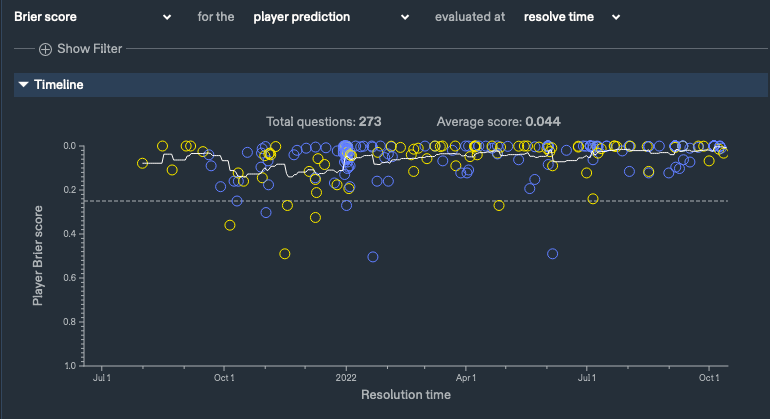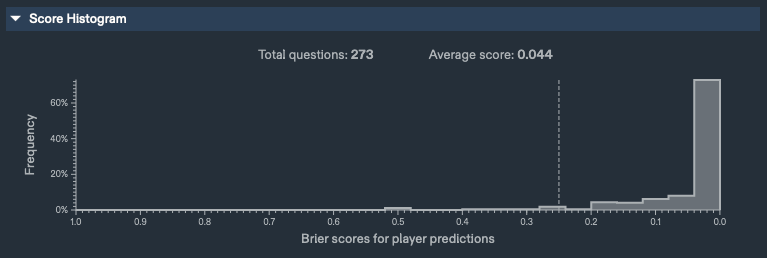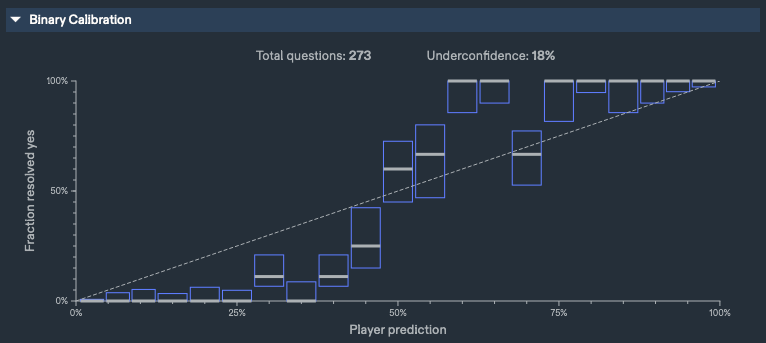Thoughts on the SPIES Forecasting Method?
Here, I discuss the SPIES forecasting method, and ask for the community's thoughts on it. Not too long ago, I came across the SPIES (Subjective Probability Interval Estimates) method for judgmental forecasting. The method was developed by Uriel Haran, and seems first to have been published as part of his 2011 dissertation Subjective Probability Interval Estimates: A Simple and Effective Way to Reduce Overprecision in Judgment. Haran writes > Overprecision in judgment is the most robust type of overconfidence, and the one least > susceptible to debiasing. It refers to people’s excessive certainty in the accuracy of their > estimates, predictions or beliefs. Research on overprecision finds that confidence intervals, estimated ranges that judges are confident will include the correct answer, tend to include the correct answer significantly less often than what their assigned confidence level would suggest. For example, 90% confidence intervals typically include the correct answer about 50% of the time (Klayman, Soll, González-Vallejo, & Barlas, 1999). He eventually makes the claim that SPIES reduces the overprecision of confidence interval forecasts, and evidences this claim with the results of several forecasting experiments he conducted. Participants made forecasts using the following methods: provide a confidence interval that contains the target value 90% of the time; provide a 5% lower bound and 95% upper bound that they believe the target value would not be below and above, respectively; use the SPIES method, which consists of decomposing a numerical range into several intervals, then having participants assign a likelihood of 0-100 for each interval, then normalizing these likelihoods into a probability uniformly distributed over the values in the interval, and then finding the shortest subinterval of the numerical range that constitutes 90% of the cumulative probability. For example, if we want to forecast the monthly rainfall for NYC in March, we can beg



Scrolling over HackerNews (HN) two weeks ago, I came across a post entitled "Two days of oatmeal reduce cholesterol level". The HN comments included stories from users about how their lives have changed for the better (e.g., fixed cholesterol problem, determined preference for soybeans), as a consequence of consuming oats.
The linked study Cholesterol-lowering effects of oats induced by microbially produced phenolic metabolites in metabolic syndrome: a randomized controlled trial, looked the effects on cholesterol, the gut microbiome, and other related factors of having non-diabetics with metabolic markers indicating increased risks for diabetes eat 300g oats + (optional) fruit/vegetables for several weeks. Finding from Abstract:
... (read 359 more words →)